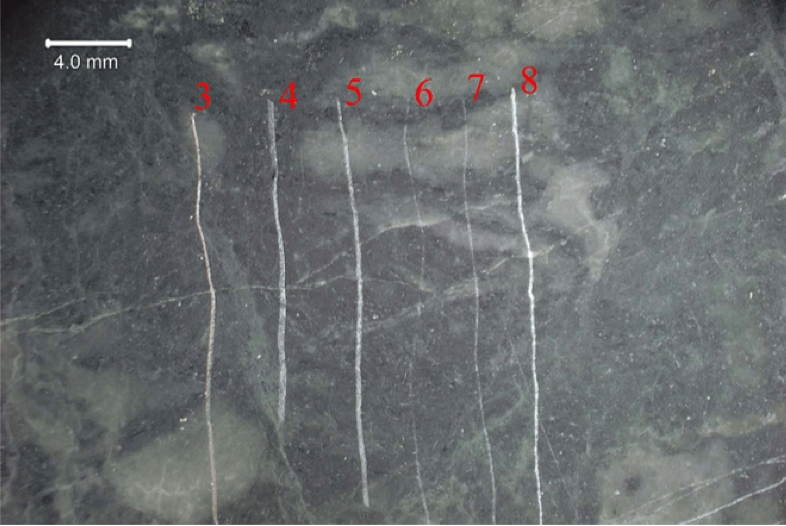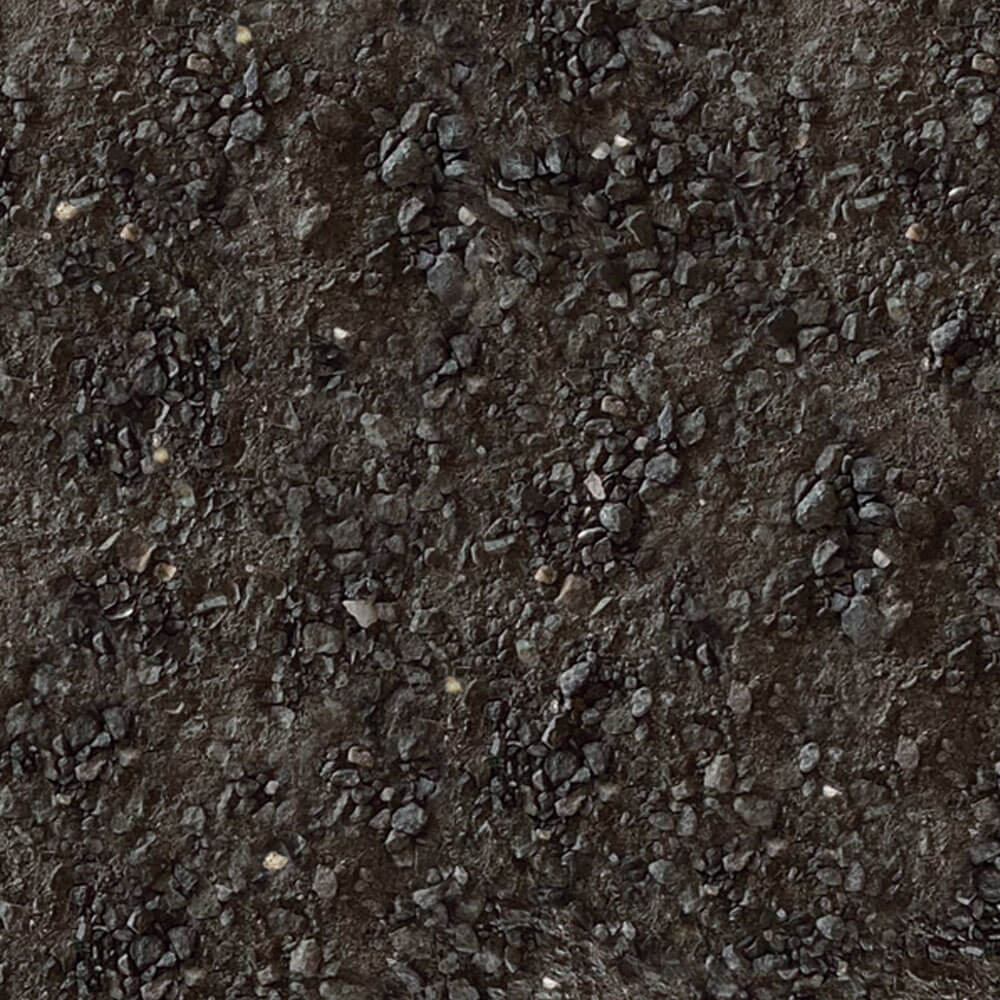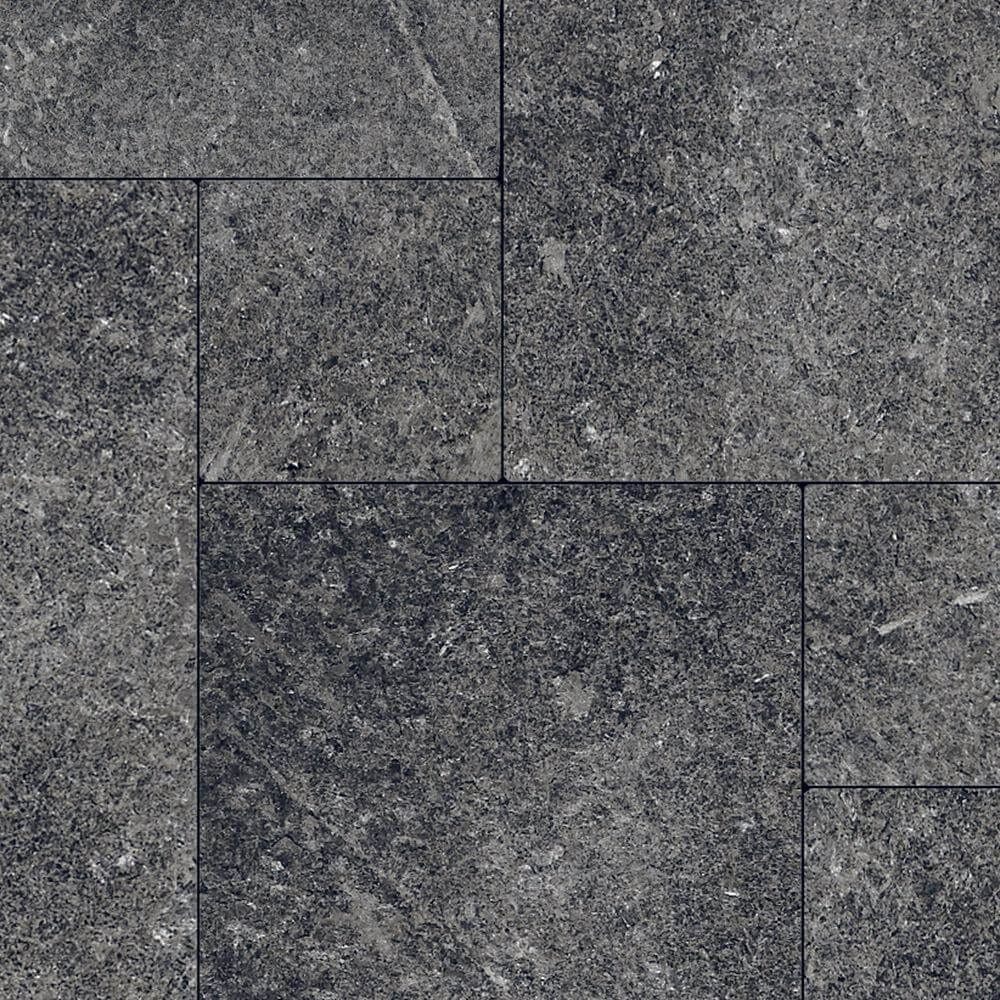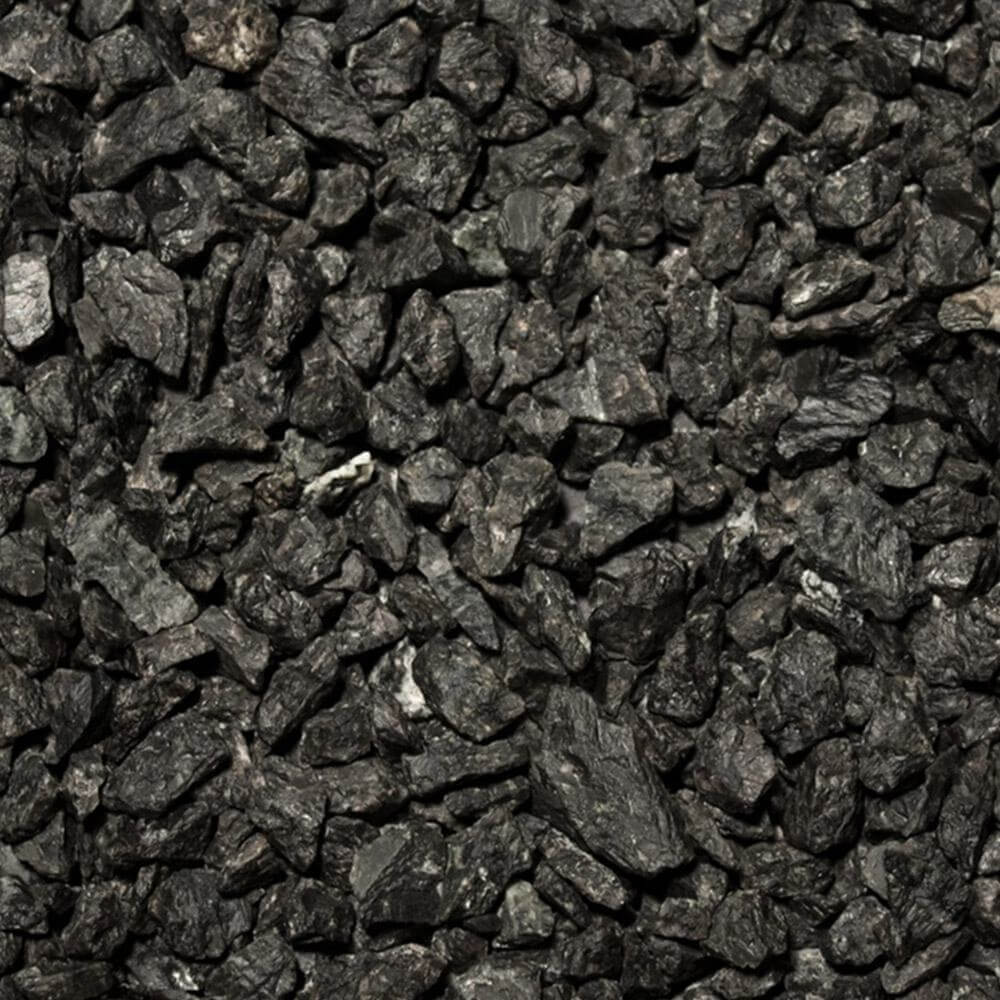We’ve touched on the importance of quality control in stone products before—after all, consistency is critical throughout the process of manufacturing precast concrete aggregates and other specialty natural stone materials. Today, we’re diving even deeper into one of the factors that contribute to a stone’s inherent quality: Mohs hardness. Here’s some information on the history of the measurement and exactly what it means for consumers.
A Quick History of Mohs Hardness
We have Friedrich Mohs, a German mineralogist, to thank for the Mohs scale of mineral hardness. This essential scale is used to measure the scratch resistance of a material like quartz or granite. Possible measurements range from 1 to 10, with 1 indicating the softest material and 10 the hardest.
Mohs created his scale in 1812 as a way to identify specific minerals. By scratching a specimen with one of ten reference minerals, a person could identify the relative hardness and, potentially, the exact type of mineral they were dealing with. Geologists in the field continue to use this method for identifying minerals. At times, hardness picks are used in place of reference minerals. In a pinch, ordinary objects like glass, a knife blade, or even your fingernail can be used to determine the relative hardness of a mineral.
How Does Mohs Hardness Affect the End User?
The Mohs hardness scale is particularly important to Kafka Granite’s industrial customers, such as manufacturers of terrazzo flooring. Depending on what the aggregate is being used for, there may be an industry specification or product standard that states how hard the stone needs to be.
Continuing with our terrazzo example, those applications typically call for a softer stone, because it polishes easier. Marble is one excellent option here. On the other hand, manufacturers of architectural precast wall panels or decorative concrete pavers usually prefer to use aggregate made from one of the harder stones, because they are more abrasive—and they’re looking for an exposed aggregate finish that will last a lifetime.
This abrasive quality allows harder stone products to stand up to harsh environments. Since terrazzo flooring is typically found indoors, it does not face the same elements of freeze/thaw, snow removal, and vehicular traffic that epoxy overlay streetscapes may be exposed to. Exposure to both natural elements and human traffic can play a significant role in the breakdown of a material.
Mohs Hardness and Construction Specifications
Before embarking on a project, manufacturers need to know that their chosen material meets certain industry standards or requirements. Depending on the product being manufactured, such as high-friction surfacing, there may be stringent specifications that need to be hit—both to ensure the integrity of an aggregate and the longevity of the finished product.
Take epoxy overlay aggregates, for example. Hardness is an extremely important quality for products made from these materials. The Department of Transportation (DOT) has a number of exact requirements for the types of stone they use in high-friction surfacing applications, including size and hardness of the aggregate. For obvious reasons, the DOT wants the stone to wear down as slowly as possible over time. A harder aggregate allows the final product, whether it be an entrance ramp or a bridge deck, to retain its integrity.
Sourcing stone that meets stringent specifications is no easy task, particularly if you’re searching for a particular color. Luckily, Kafka Granite offers a wide range of products with different levels of hardness. Whatever you have in mind, we’ll work to find a stone that matches your vision. You may only know that you need a hard, gray stone for your manufacturing project, for example. While we do have gray marble, we’re also able to supply gray granite that would better meet the needs of your project.
Mohs Hardness and Cost
Quality control in specialty aggregates is essential, but it’s not the only factor that will determine your choice of supplier. Hardness also has a direct effect on the equipment being used to process stone. More abrasive stone is harder on machinery and will eventually wear it down, while something that’s softer has less of an impact. This, in turn, affects cost—and potentially your ability to source certain materials. Marbles are more affordable to produce than quartz, for example. Ideally, industrial manufacturers will be able to work with their aggregate supplier to source material that both meets specifications and fits within their set budget.
High-Quality Aggregates for Your Next Building Project
Kafka Granite is proud to be one of the largest manufacturers and suppliers of specialty aggregates in the country. We offer over 60 varieties of crushed marble, quartz, granite, and recycled materials. If you’re searching for a specialty aggregate for use in architectural precast concrete, pavers, terrazzo flooring, or any number of natural stone products, contact us today to learn more about how we can crush and screen aggregates to your desired specifications.




